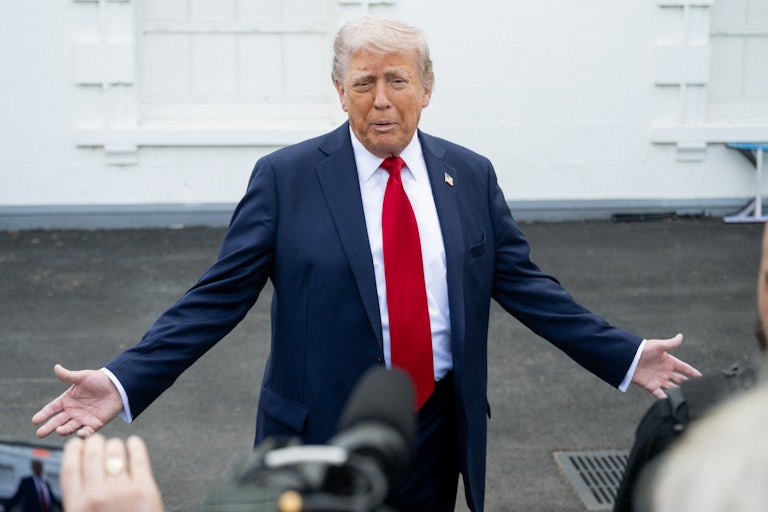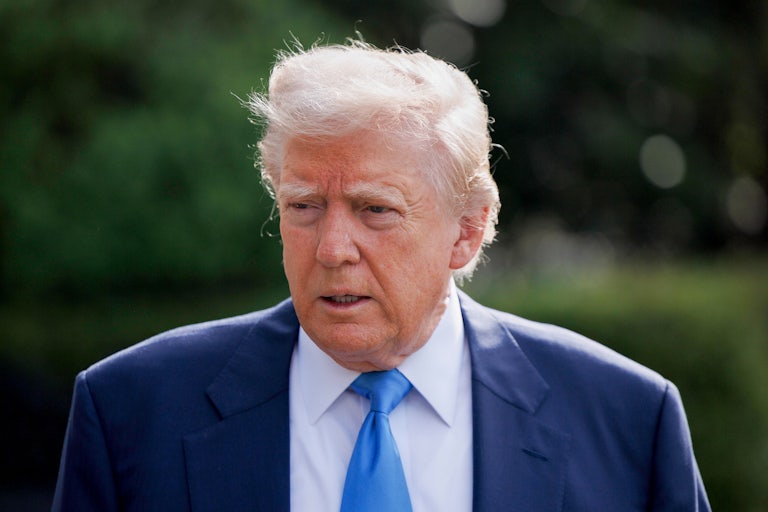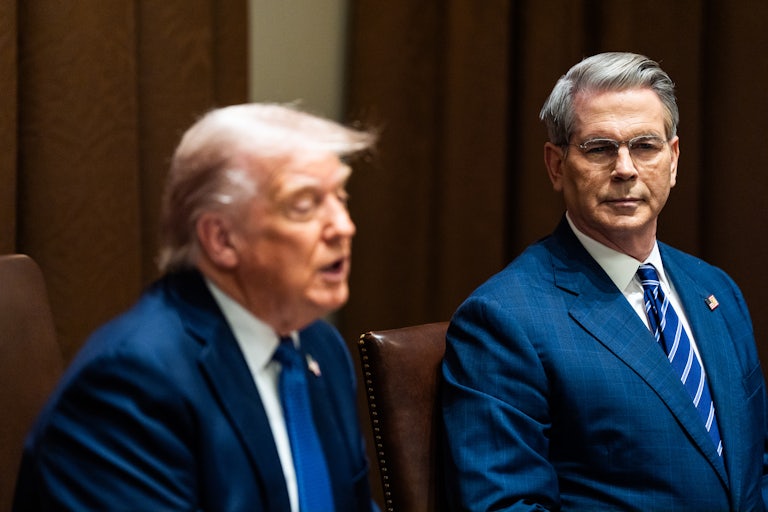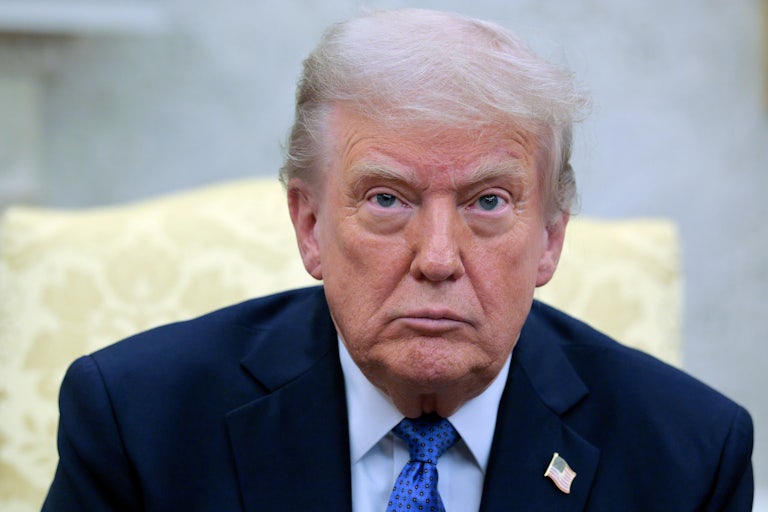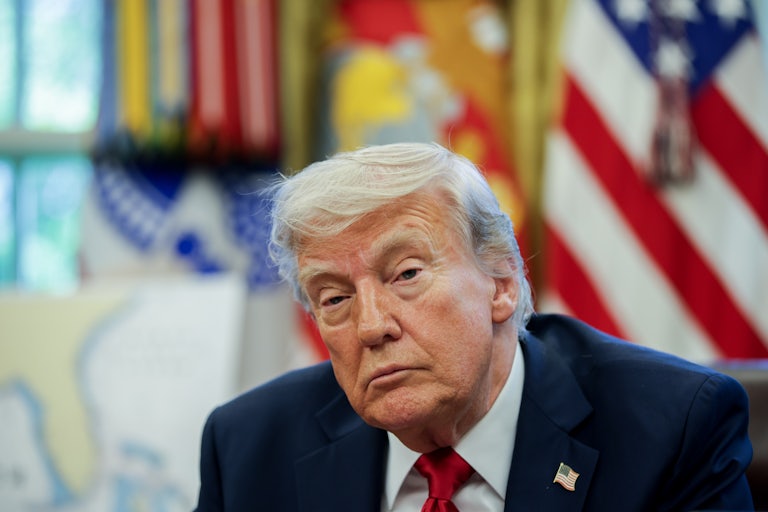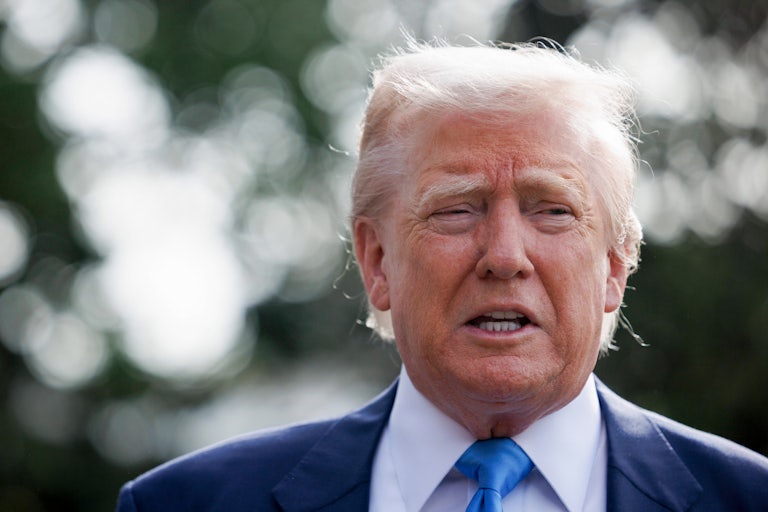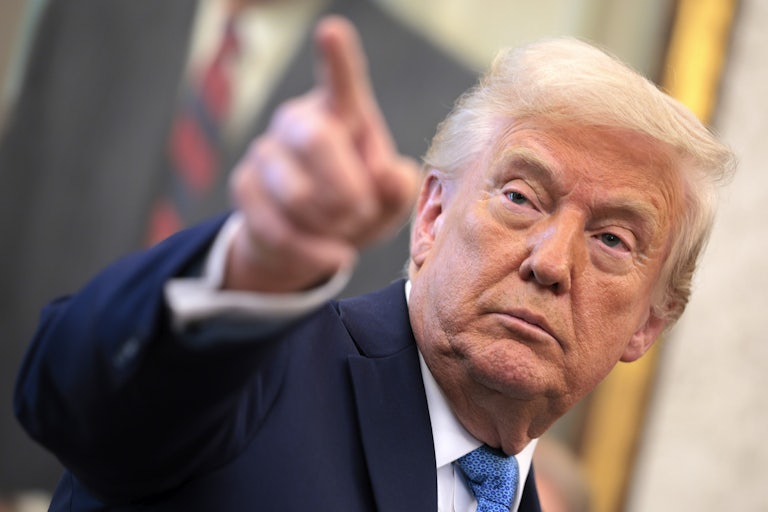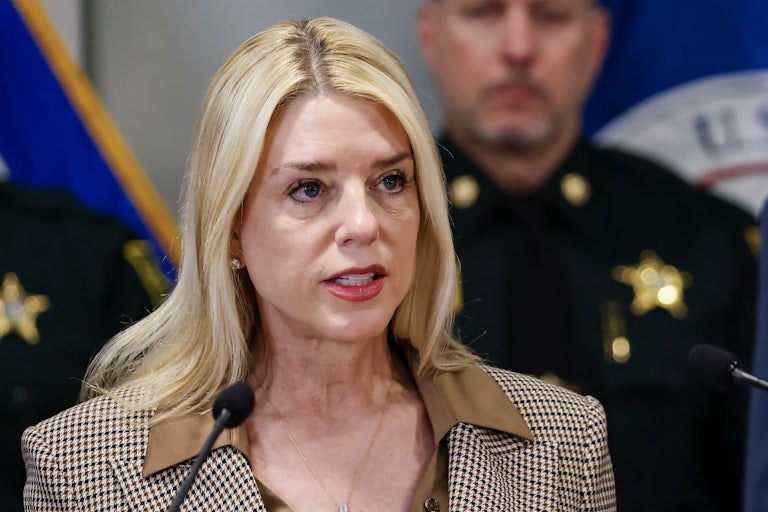Pete Hegseth’s Group Chats Aren’t Only Ones Setting Trump Policy
A damning new report shows just how much Trumpworld is shaped by group chats.
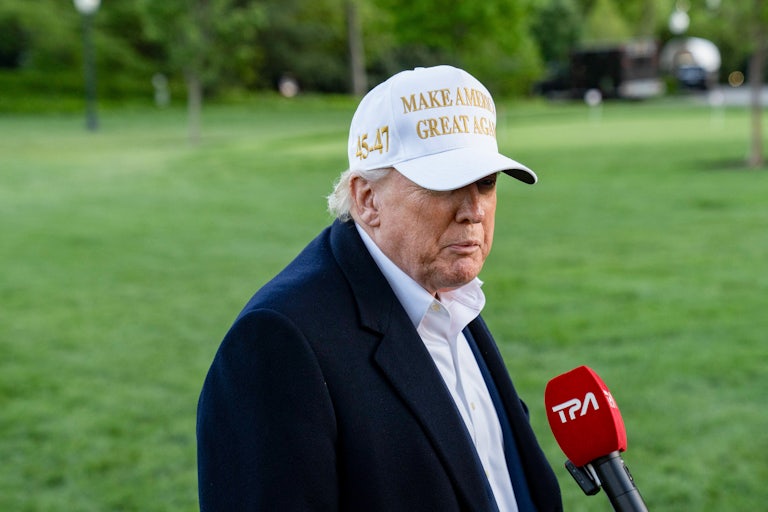
A sprawling network of Signal group chats involving hundreds of top business executives, Silicon Valley leaders, and journalists, as well as legal and economic analysts, has massively reshaped national politics since the pandemic—in large part thanks to the platform’s disappearing-message function.
“Group chats are now where everything important and interesting happens,” Substack author Noah Smith wrote.
Marc Andreessen, the co-founder of the tech venture capitalist firm a16z and onetime co-author of Mosaic, an early version of the internet, spends “half his life on 100” of these sorts of group chats at a time, one anonymous participant hyperbolized to Semafor’s Ben Smith.
In a blog post announcing Erik Torenberg as one of a16z’s general partners, Andreessen described the private spaces as having produced a national “vibe shift.” That’s because powerful individuals are less afraid to share what they really think in the closed-circuit digital rooms, according to several sources that spoke with Semafor.
“People during 2020 felt that there was a monoculture on social media, and if they didn’t agree with something, group chats became a safe space to debate that, share that, build consensus, feel that you’re not alone,” Torenberg told the publication.
Andreessen agreed—telling Torenberg on a recent podcast that they’re having “all the private conversations because they weren’t allowed to have the public conversations,” blaming the public silence on a general air of censorship on major social platforms.
But some of those conversations have straggled away from friendly discourse and into the realm of political influence. Amid the network lies a vast web of right-wing chatrooms bent on keeping Donald Trump in power and vanquishing political dissent from the left.
“A lot of these technologists hoped that the centrist path was a viable one, because it would permit them in theory to change the culture without having to expose themselves to the risk of becoming partisans,” conservative culture warrior Christopher Rufo told Semafor. “By 2021, the smartest people in tech understood that these people were a dead end—so the group chats exploded and reformulated on more explicitly political lines.”
Rufo—who has risen to popularity on the right for inventing a fiction that the left has taken over America—had seen the opportunity within the Signal spaces to influence those in power all along.
“I looked at these chats as a good investment of my time to radicalize tech elites who I thought were the most likely and high-impact new coalition partners for the right,” Rufo said.
With time, dissenters were brandished as upstarts suffering from Trump Derangement Syndrome (sometimes shorthanded to TDS), spawning what are effectively echo chambers: smaller and tighter group chats that have nixed alternative perspectives.
“This group has become worthless since the loudest voices have TDS,” David Sacks wrote of the popular group chat Chatham House, informing Torenberg that he should “create a new one with just smart people.” Sacks left shortly after sending that message.
That spawned the exit of another three notable figures: Sequoia partner Shaun Maguire, bitcoin billionaire Tyler Winklevoss, and former Fox News host Tucker Carlson.
